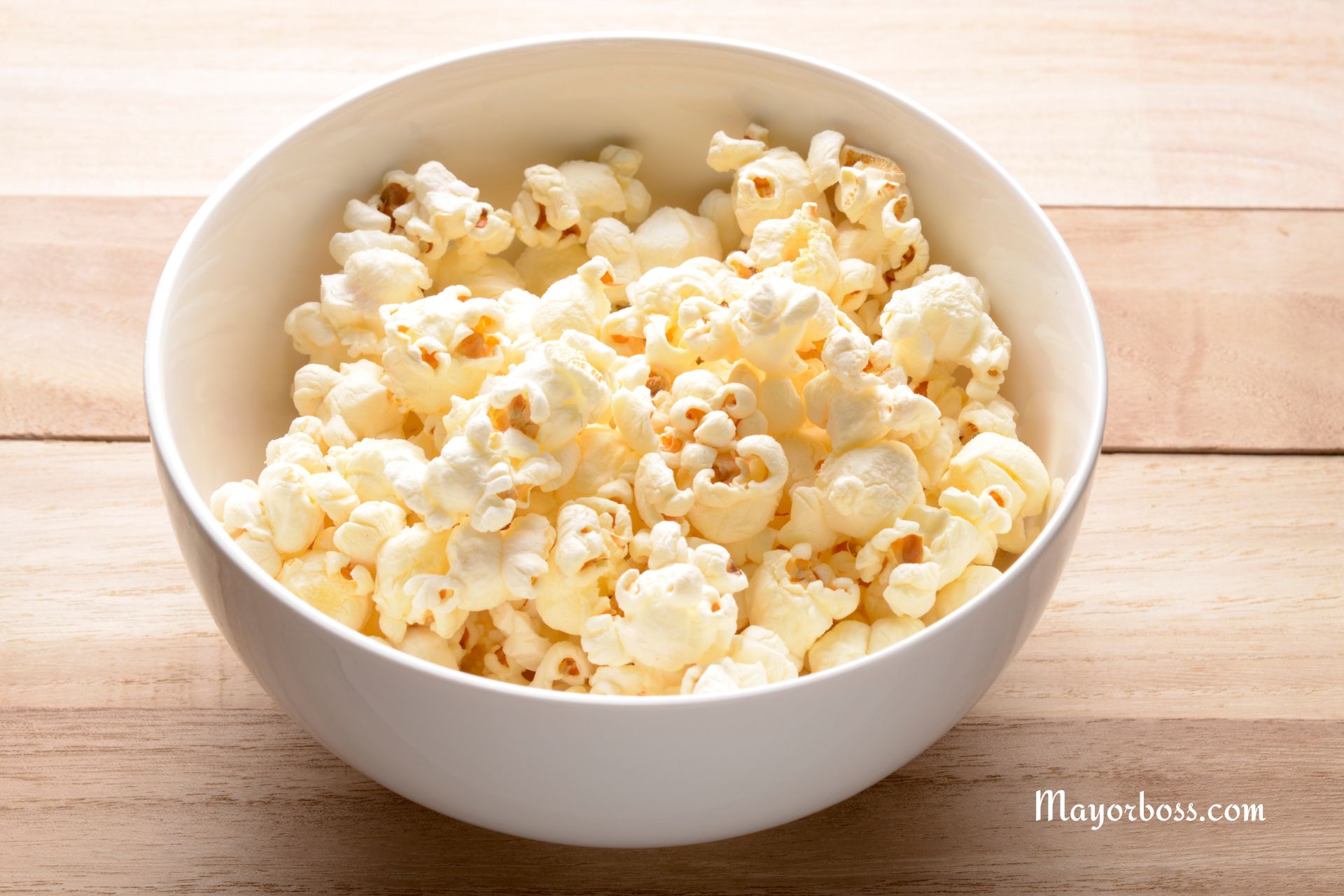Does Milk Help Heartburn?
Heartburn can feel like a burning sensation in your chest, often occurring after eating certain foods or meals. You might have heard that drinking milk can soothe this discomfort. However, the relationship between milk and heartburn isn’t quite straightforward. This article offers several explanations as to whether milk is actually helpful or if it could make your heartburn worse.

What is Heartburn?
Firstly, heartburn happens when stomach acid backs up into your esophagus, the tube that connects your mouth to your stomach. This can cause a burning feeling in your chest or throat. Various factors can trigger heartburn, including eating spicy foods, lying down too soon after eating, or consuming high-fat meals.
The Role of Milk in Heartburn
Initially, when you drink milk, it may seem to alleviate your heartburn symptoms. Milk can temporarily provide a coating to your esophagus and stomach, which might offer a brief soothing effect. This relief comes because milk is alkaline, which can neutralize some of the stomach acid.
Short-Term Relief
In the short term, drinking a small amount of milk might give you a slight relief from heartburn by:
- Neutralizing some of the acids in your stomach
- Providing a soothing effect on your stomach and esophagus lining
Potential for Worsening Symptoms
However, milk contains fat, calcium, and protein, which can encourage your stomach to create more acid. For some people, this can actually lead to an increase in heartburn symptoms after the initial soothing effect wears off. Therefore, while you might feel better momentarily, milk could make your heartburn worse in the long run.
Skim Milk vs. Full-Fat Milk
The type of milk you choose can also play a role. Full-fat milk might increase heartburn symptoms more than low-fat or skim milk because high-fat foods can relax the lower esophageal sphincter. This relaxation can allow more stomach acid to back up into the esophagus. Skim milk, with its lower fat content, might be less likely to exacerbate heartburn.
Other Remedies for Heartburn
Considering the mixed effects of milk on heartburn, you might look for other ways to manage your symptoms. Here are a few suggestions:
- Eat smaller, more frequent meals instead of large meals.
- Avoid lying down immediately after eating.
- Reduce your intake of known heartburn triggers like spicy foods, caffeine, and chocolate.
- Maintain a healthy weight, as excess weight could potentially increase pressure on your stomach, thus pushing acid into the esophagus.
When to See a Doctor
If you frequently experience heartburn or if your symptoms are severe, it’s important to consult with a healthcare provider. Persistent heartburn may be a sign of gastroesophageal reflux disease (GERD), which requires medical evaluation and treatment.
FAQs
1. Can drinking water help with heartburn? Yes, drinking water can help dilute stomach acid and wash it down to the stomach, potentially providing relief from heartburn.
2. Is it better to drink cold or warm milk for heartburn? The temperature of milk doesn’t significantly affect its impact on heartburn. However, some people might find cold milk more soothing initially.
3. Are there any side effects to using milk as a heartburn remedy? For some, especially those who are lactose intolerant or have a milk allergy, drinking milk could lead to digestive issues, such as bloating, gas, or diarrhea, in addition to possibly worsening heartburn.
In summary, while milk might offer temporary relief from heartburn for some individuals, it could potentially worsen symptoms over time. It’s essential to pay attention to how your body responds and consider other dietary and lifestyle adjustments for the long-term management of heartburn.






